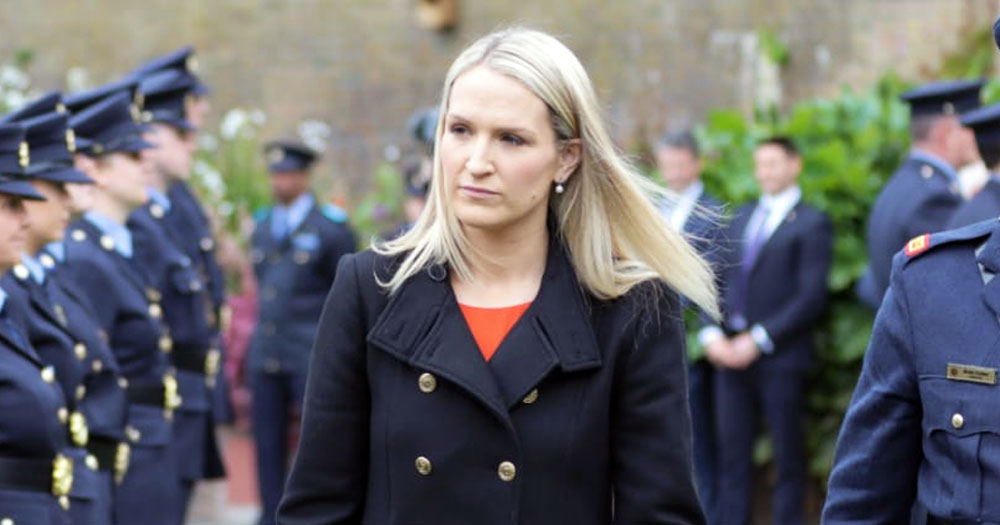Under the new Incitement to Violence or Hatred and Hate Offences Bill expected to pass by the end of the year in Ireland, only “extreme forms of hate speech” will be criminalised.
The Incitement to Violence or Hatred and Hate Offences Bill 2022 will go through its initial discussion for the second stage in the Dáil today. If passed, the legislation will make communication or behaviour that is likely to incite hatred on the basis of a series of protected characteristics a criminal offence, with a penalty of up to five years in prison.
However, as reported by the Irish Times on Wednesday, November 9, expressing opinions against same-sex activity or refusals to respect a person’s preferred gender may not be included among the forms of hate speech criminalised under the new legislation.
Someone will be liable for prosecution under the new law only in case they deliberately set out to incite violence or hatred against a person on the basis of one of the protected characteristics included in the Bill.
?The Hate Crime and Extreme Hate Speech Bill is being rushed through the legislative process this week and next. It's before the Dáil tomorrow. Here are some of the ways it must be improved: @rodericogorman @HMcEntee
— Irish Council for Civil Liberties ?️? (@ICCLtweet) November 8, 2022
At this stage, the list of protected characteristics includes race; colour; nationality; religion; national or ethnic origin; descent; gender; sex characteristics; sexual orientation; and disability.
In their response to the Irish Times‘s inquiry on the purposes of the legislation, the Department of Justice said that it’s only “extreme forms of hate speech that deliberately and recklessly incite or stir up acts of hostility, discrimination or violence that will be criminalised”.
“With the right to freedom of expression,” the Department said, “individuals can hold and express opinions which others might find offensive or shocking. The new legislation recognises that communication is not taken to incite violence or hatred solely on the basis that it involves or includes discussion or criticism of matters relating to the protected characteristics.”
Together with the Coalition Against Hate Crime, we’re calling for clearer rationale for the inclusion of certain groups and certain crimes in the section that creates hate aggravated offences.
— Irish Council for Civil Liberties ?️? (@ICCLtweet) November 8, 2022
“The bar for criminal conviction will be set high, and criminal incitement to hatred will not be an area that anybody will stray into by accident,” the Department specified. “It will be a matter for the Courts, which are independent of the Department and the Minister, to determine whether the person on charges before them should be found guilty of an offence.”
The Bill is due to be discussed in the Dáil for its second stage this afternoon. It will have to be passed by both the Dáil and the Seanad before it can be signed into law in Ireland by the President. The Irish government stated that they are committed to ensuring that this happens before the end of the year.
© 2022 GCN (Gay Community News). All rights reserved.
Support GCN
GCN is a free, vital resource for Ireland’s LGBTQ+ community since 1988.
GCN is a trading name of National LGBT Federation CLG, a registered charity - Charity Number: 20034580.
GCN relies on the generous support of the community and allies to sustain the crucial work that we do. Producing GCN is costly, and, in an industry which has been hugely impacted by rising costs, we need your support to help sustain and grow this vital resource.
Supporting GCN for as little as €1.99 per month will help us continue our work as Ireland’s free, independent LGBTQ+ media.
